Grades: Mavericks reward Dirk Nowitzki for years of sacrifice

The pressure to make Dirk Nowitzki financially whole—or at least closer to financially whole—came from a failure to deliver. Nowitzki cut the Mavs a tremendous deal on two straight contracts for the sake of facilitating title contention. The contract Nowitzki played on last season, worth what amounted to mid-level money, made the prospect even simpler. Dallas could never quite produce the kind of winning roster that sacrifice deserved after letting its roster dissolved in 2011; free agent whiff after free agent whiff left the Mavericks without the kind of core players that Nowitzki's deal was structured to allow.
Dallas gave chase in the free agency of Chris Paul, Dwight Howard, Deron Williams, LeBron James, Carmelo Anthony, and DeAndre Jordan, missing on all counts. The pipe dream of this summer was to pitch two free agents (Mike Conley and Hassan Whiteside) simultaneously, selling them on the prospect of playing together and with Dirk. Neither bought it; both Conley and Whiteside returned to their respective teams on new deals richer than Dallas could offer. Rejection has become familiar, as has the Mavericks' impressive pattern of cobbling together a competitive consolation roster.
• Conley worth every penny | Whiteside deal comes with risks
Biggest off-season moves in NBA history
Wilt Chamberlain, 1968
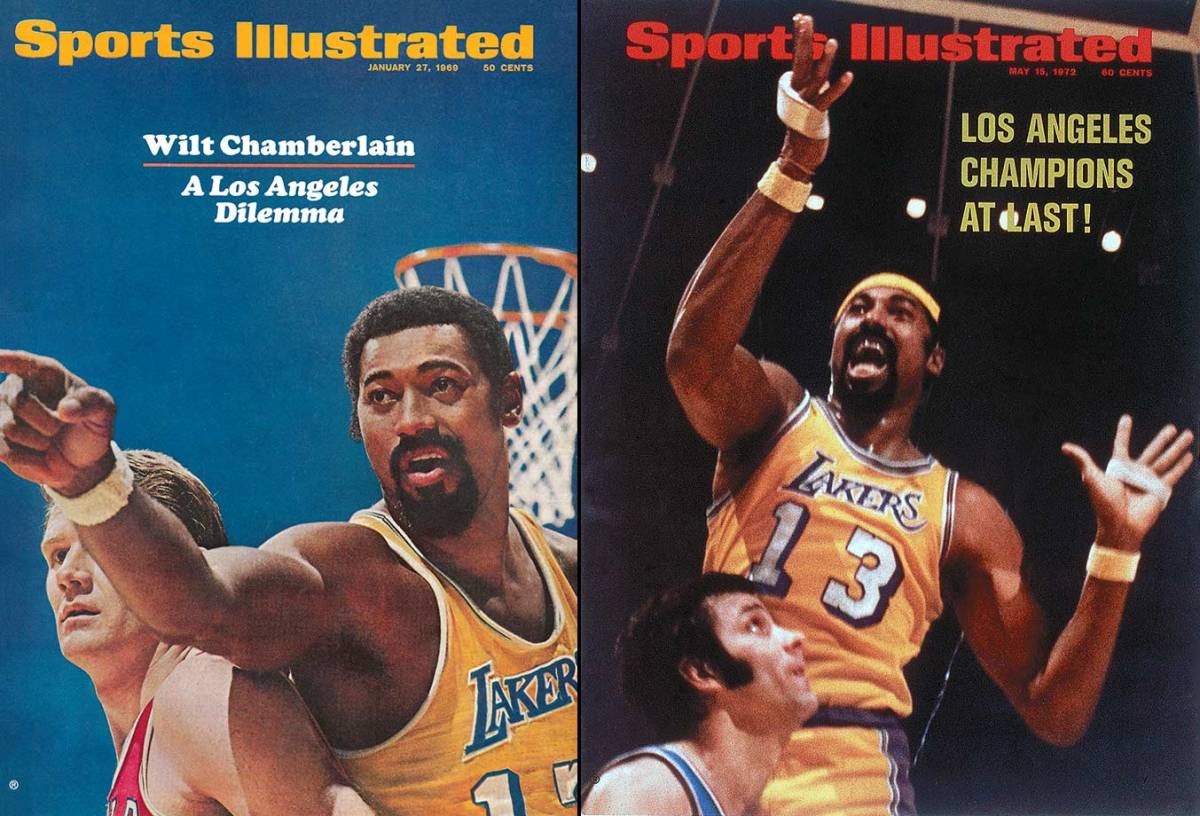
Wilt Chamberlain was traded to the Lakers only one year after winning the Finals with the Warriors. At times, Wilt struggled to fit in with Los Angeles. But in 1972, Chamberlain relinquished some of his offensive game to focus more on defense and rebounding, helping lead the Lakers to a championship—and his only Finals MVP award—in the process.
Kareem Abdul-Jabbar, 1975
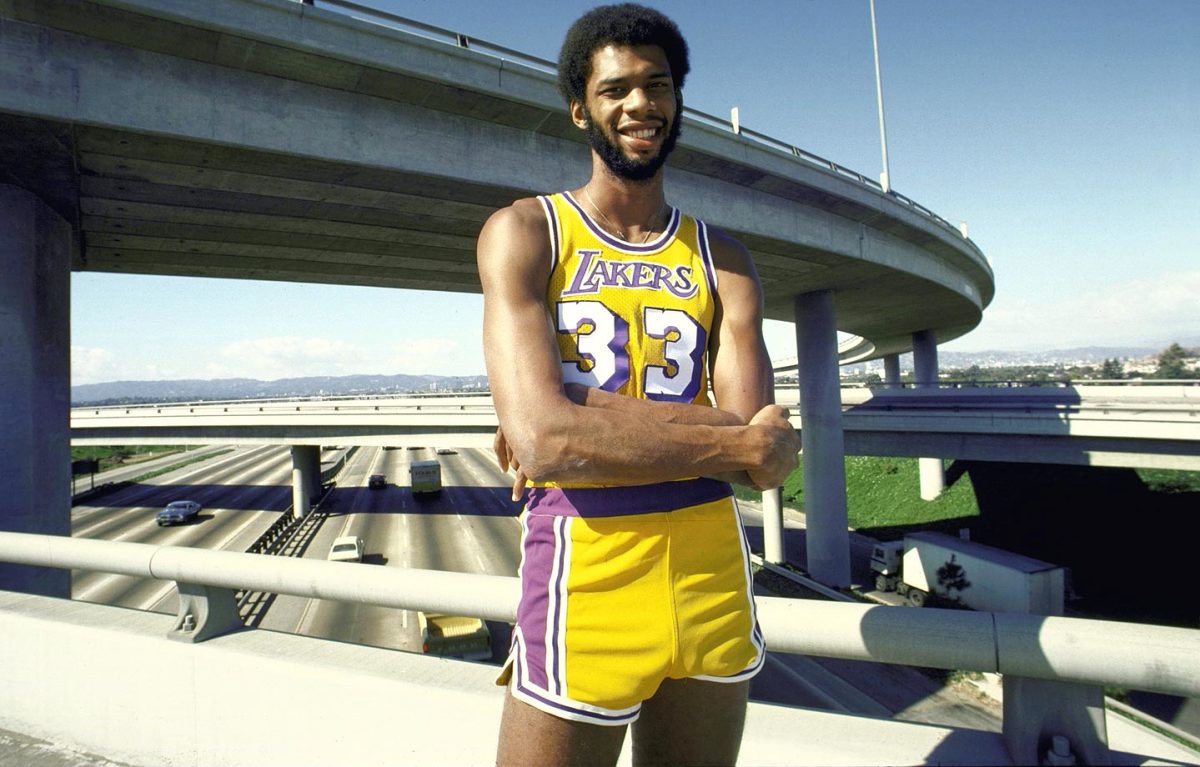
The Lakers acquired Kareem Abdul-Jabbar and his skyhook from Milwaukee in 1975, and he dominated the league while in Hollywood. Kareem won five titles with the Lakers, including a Finals MVP win in 1985, 14 years after his first Finals MVP with the Bucks. Kareem also won three regular season MVPs with the Lakers, and later coached for the franchise as well.
Moses Malone, 1982
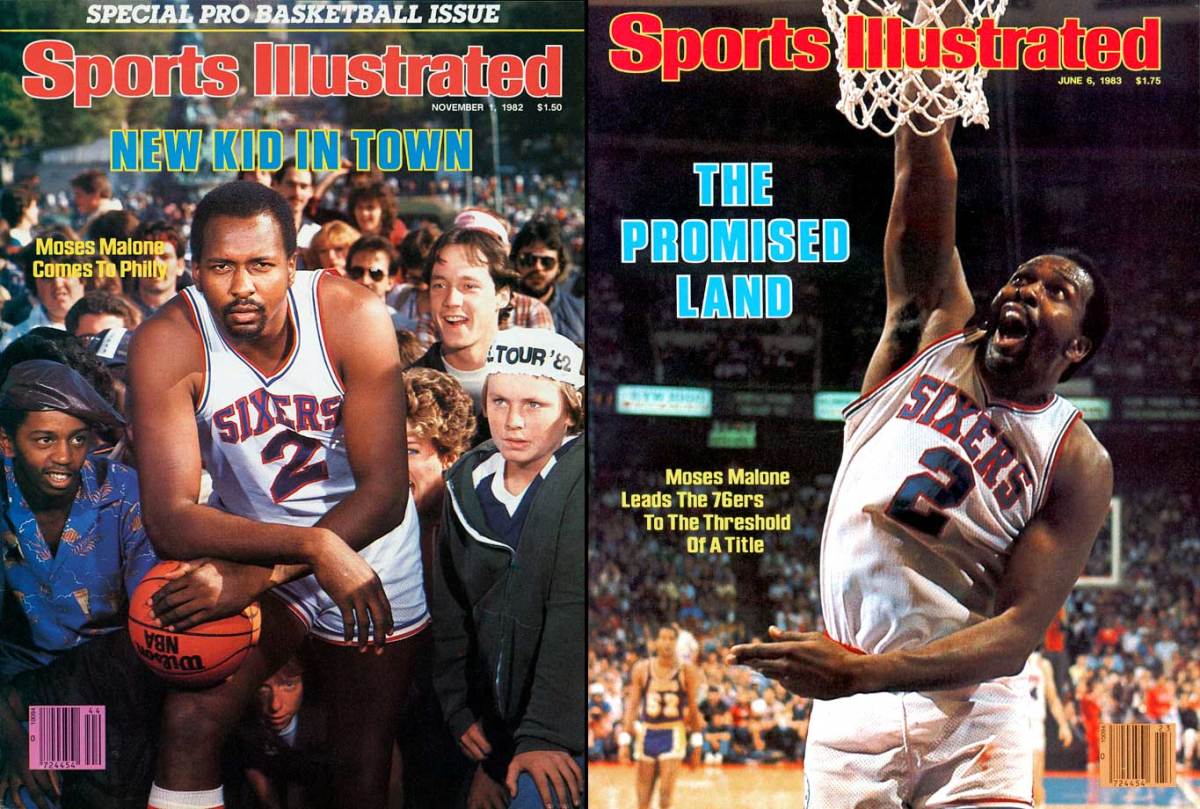
The Houston Rackets traded Moses Malone, who was coming off an MVP season, to the 76ers. Malone quickly formed an unstoppable duo with Julius Erving, and the two led Philly to an NBA Finals in in 1983. Malone won MVP during the regular season, making him the only player to win the award two straight years with different teams.
Shaquille O’Neal, 1996
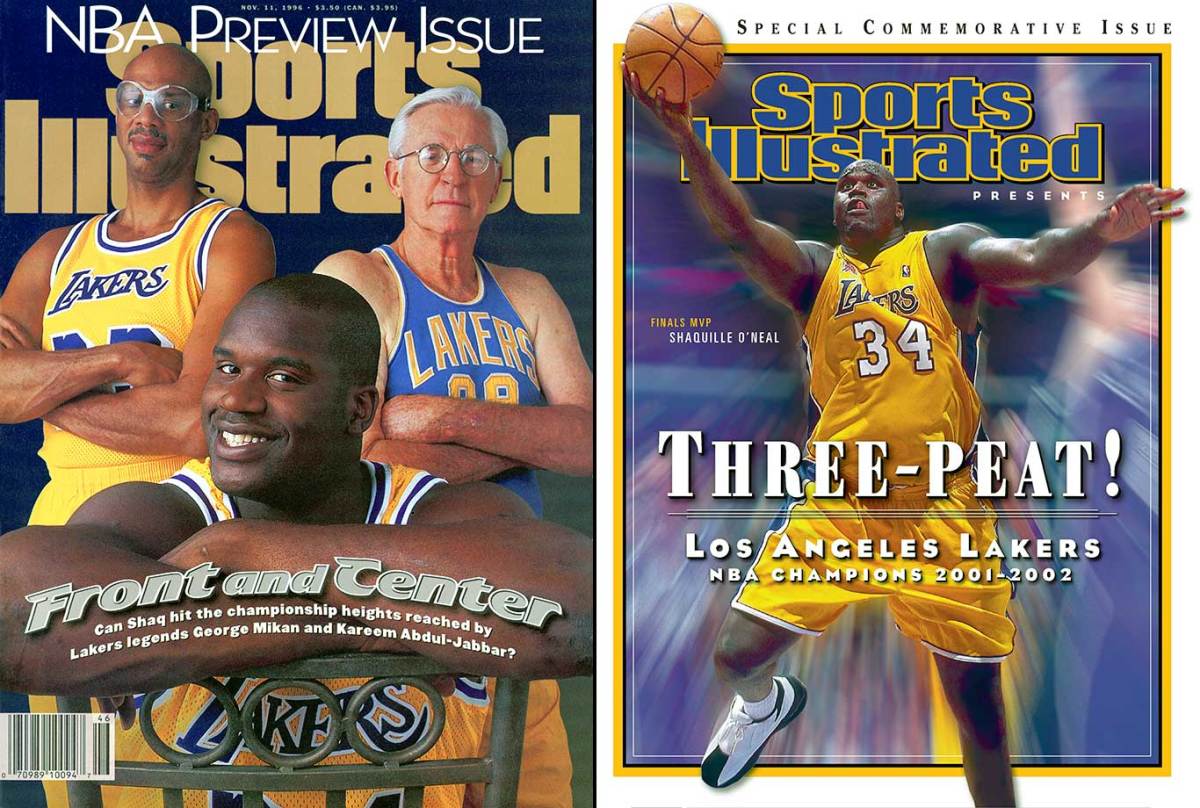
Shaquille O’Neal left the team that drafted him, the Orlando Magic, for the Lakers in the summer of 1996, signing a seven-year, $120 million deal with Los Angeles. Shaq would win three championships with L.A., forming an a legendary—but combustible—combination with Phil Jackson and Kobe Bryant.
Tracy McGrady, 2000
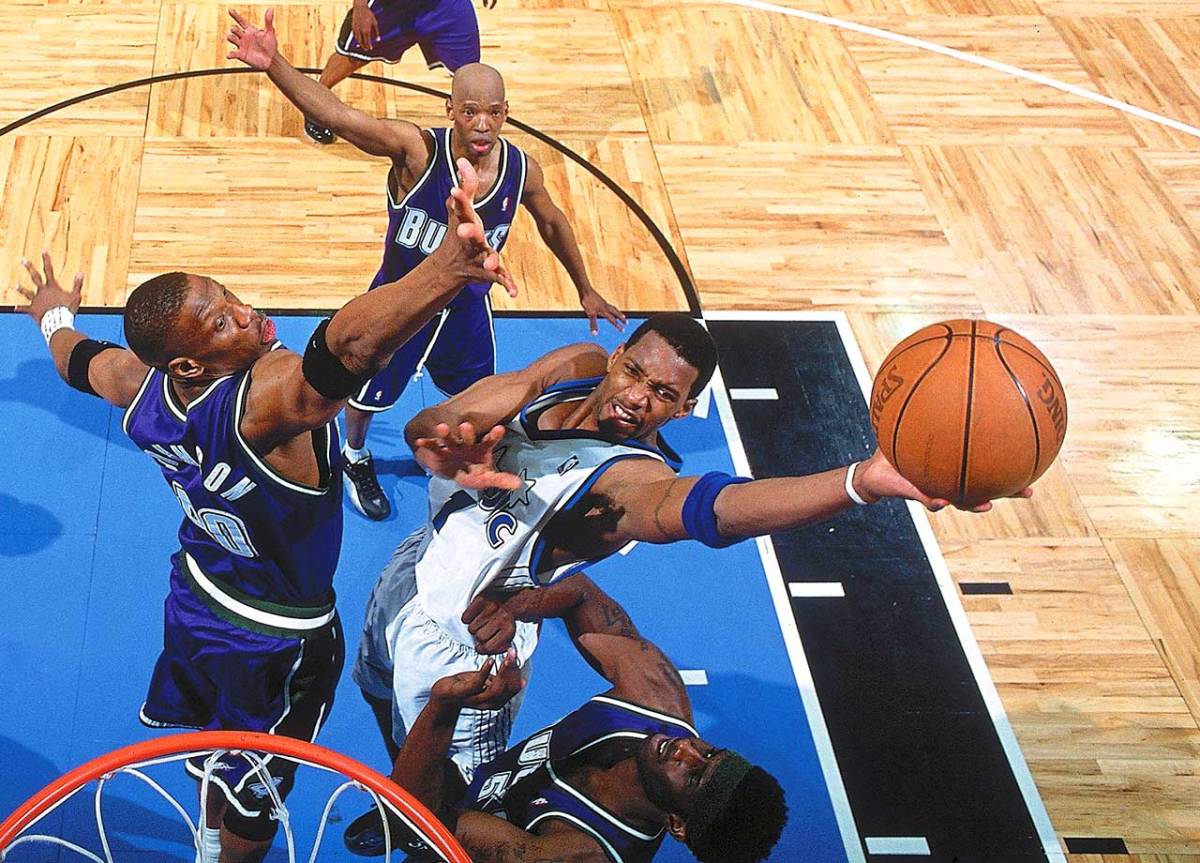
Tracy McGrady joined the Magic to play with Grant Hill, but was thrust into a larger role as Hill dealt with numerous injuries. McGrady responded by becoming one of the best scorers in the league, leading the NBA in points per game twice while in Orlando. McGrady’s run was short lived, however, as he was traded to Houston in 2004.
Steve Nash, 2004
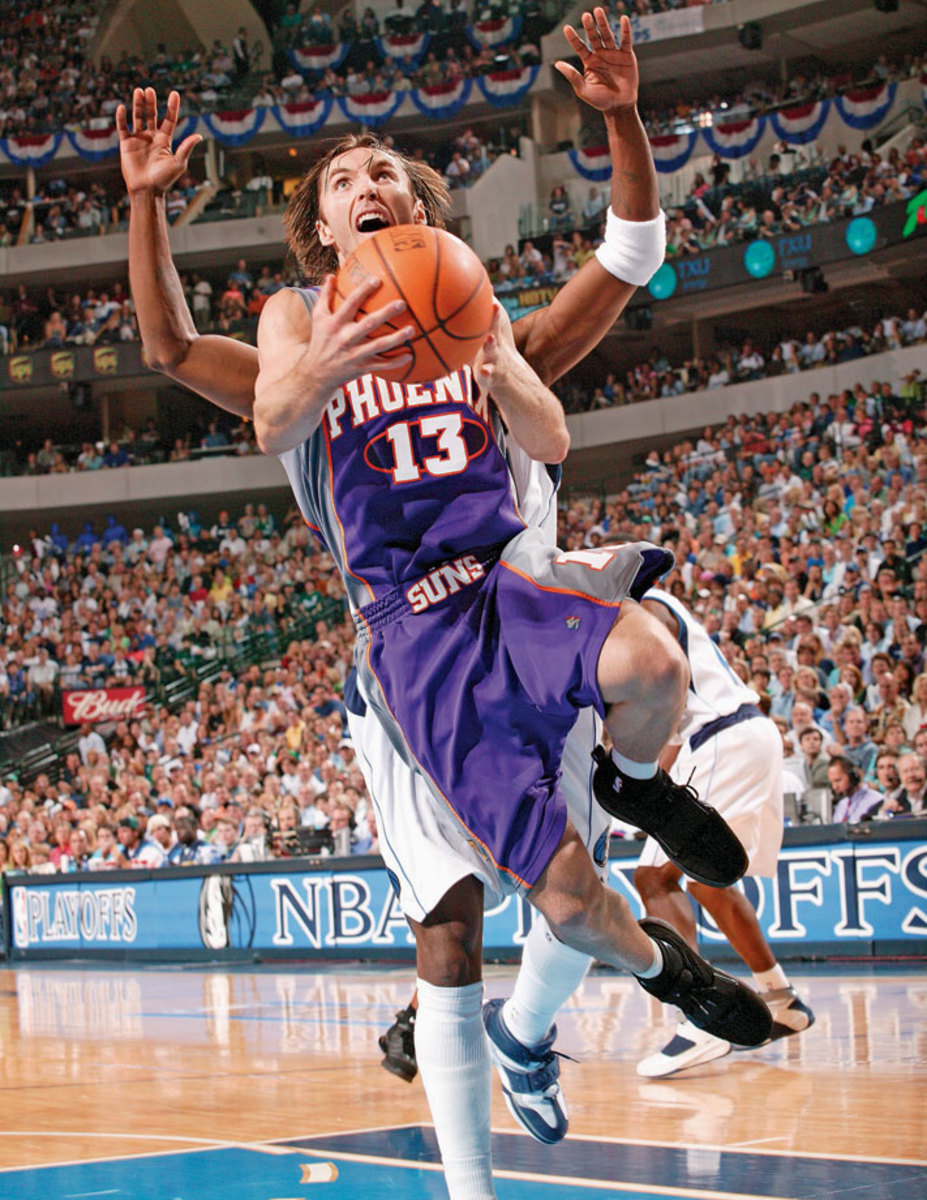
The Suns signed Steve Nash to a six-year, $63 million deal in 2004. Nash was 30 at the time, but took his game to another level in Phoenix. The point guard won MVP in his first two years in the desert, but despite his individual success, Nash could never lift the team past the conference finals.
Kevin Garnett, 2007
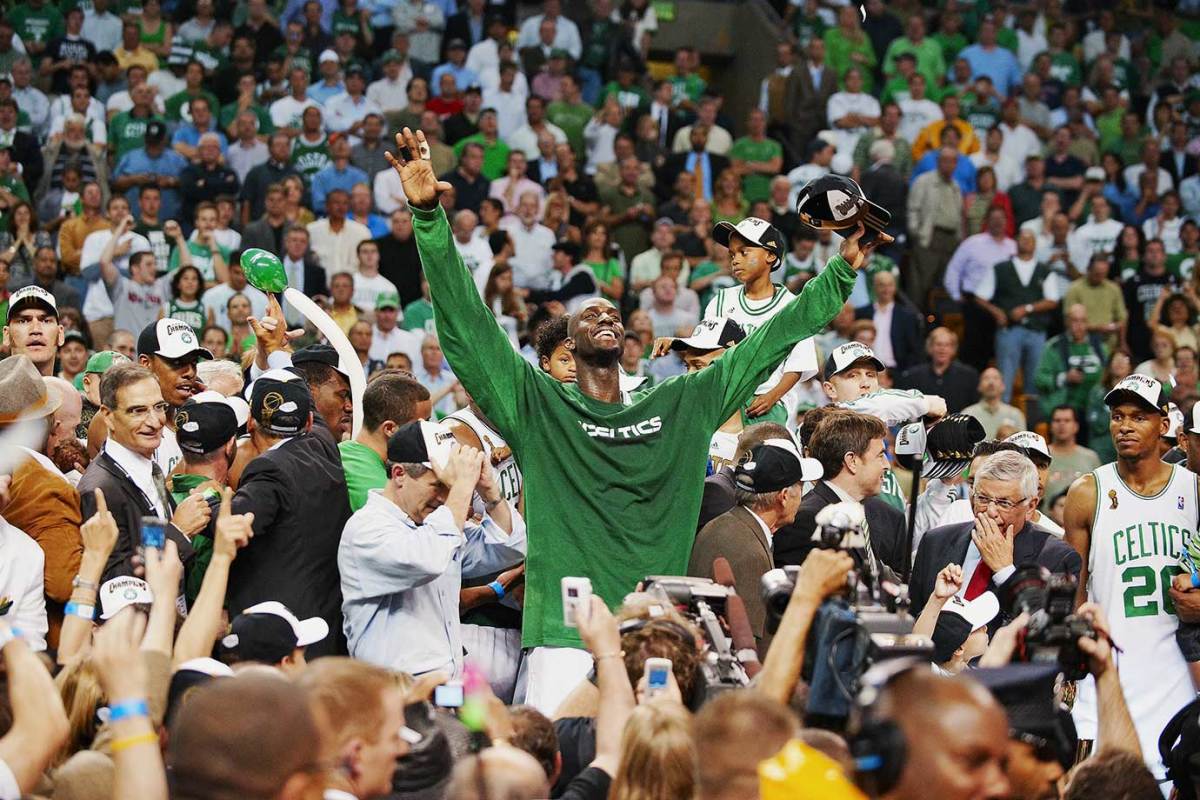
After years of falling short with the Timberwolves, Kevin Garnett was traded to the Celtics in July 2007. Garnett, along with Paul Pierce and Ray Allen, immediately turned the Celtics back into one of the NBA’s premier franchises. Boston won the Finals in KG’s first season, and almost won a couple more if not for ill-timed injuries.
Chris Bosh, 2010
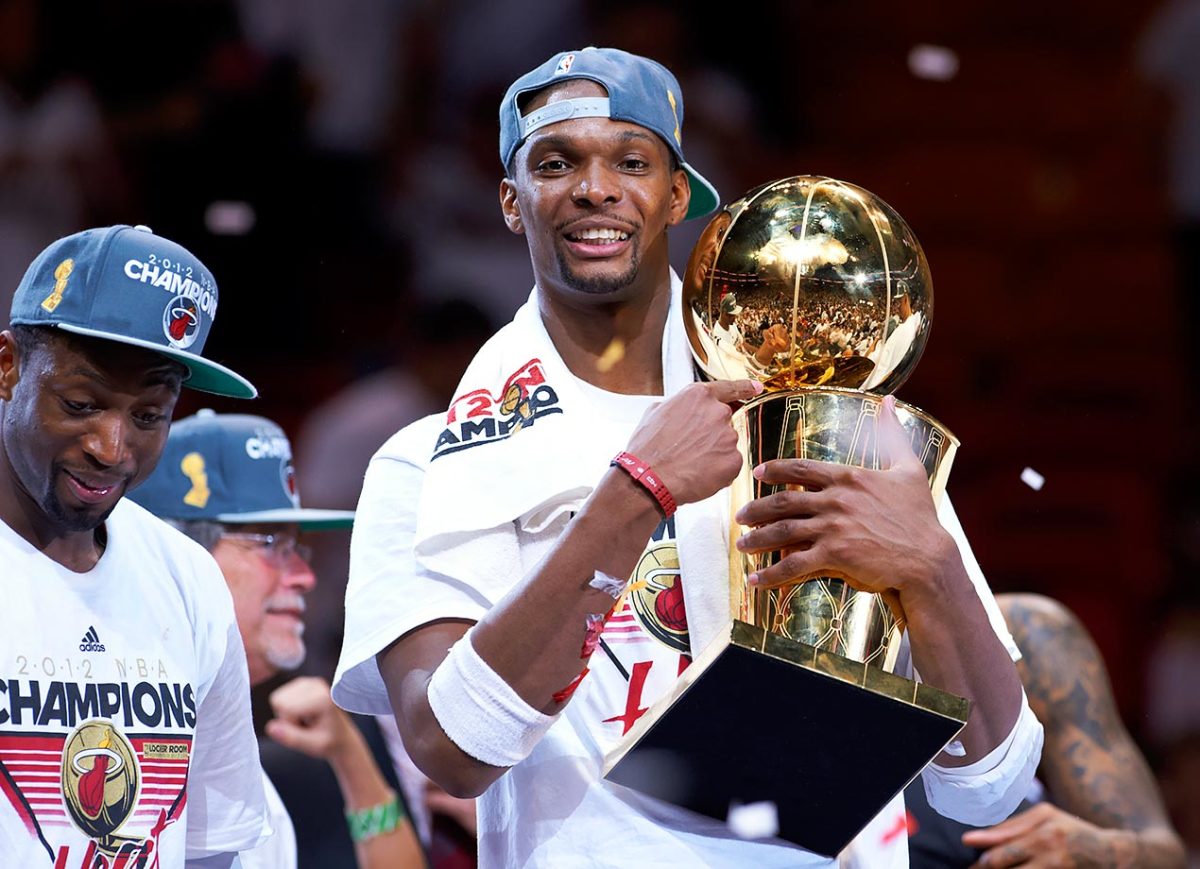
Chris Bosh joined the Heat along with LeBron James, and quickly became an integral part of Miami’s success. Bosh played a key role in the Heat’s run to four straight NBA Finals—most notably picking up an offensive rebound and assist before the Ray Allen’s three in Game 6 of the 2013 Finals.
LeBron James, 2010
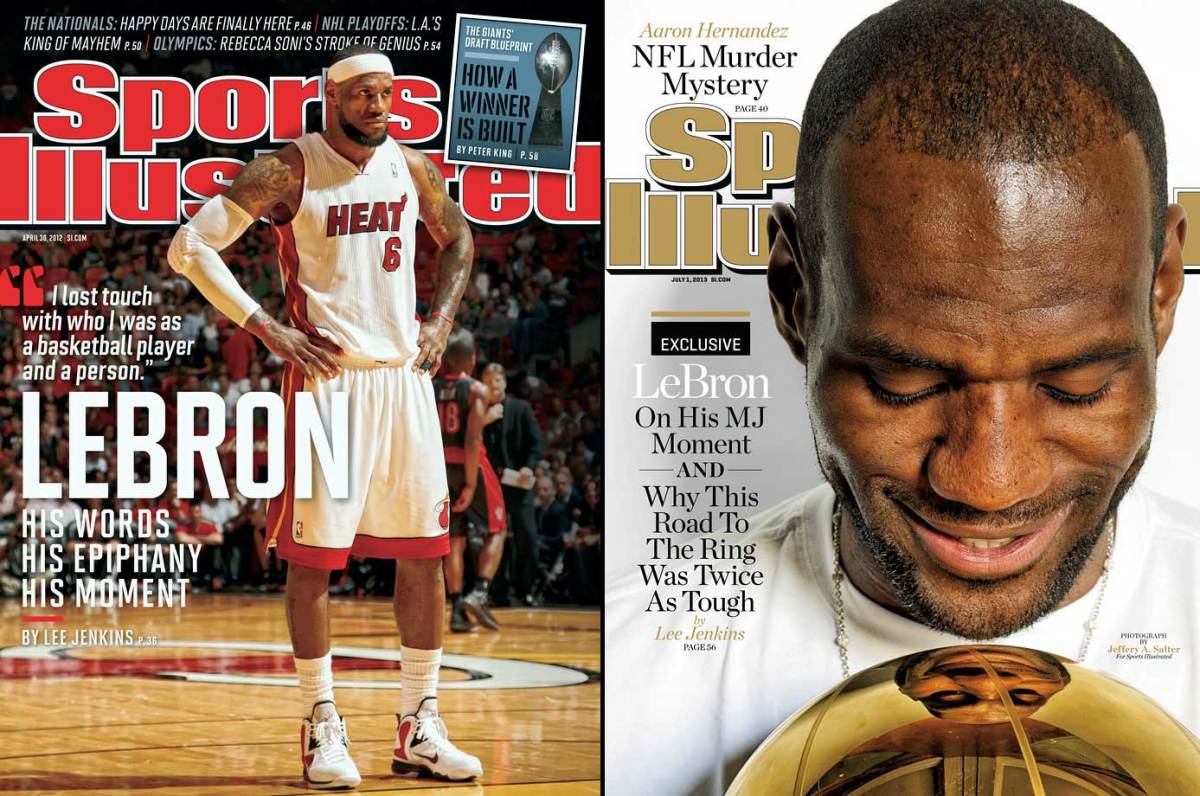
LeBron James, angering many with a TV special to announce his decision, chose to leave Cleveland for Miami in July 2010. LeBron made the Finals in all four of his seasons with the Heat, capturing two championships and two Finals MVPs in the process. James reached new levels of efficiency in Miami, cementing his legacy as one of the game’s greatest players.
Chris Paul, 2011
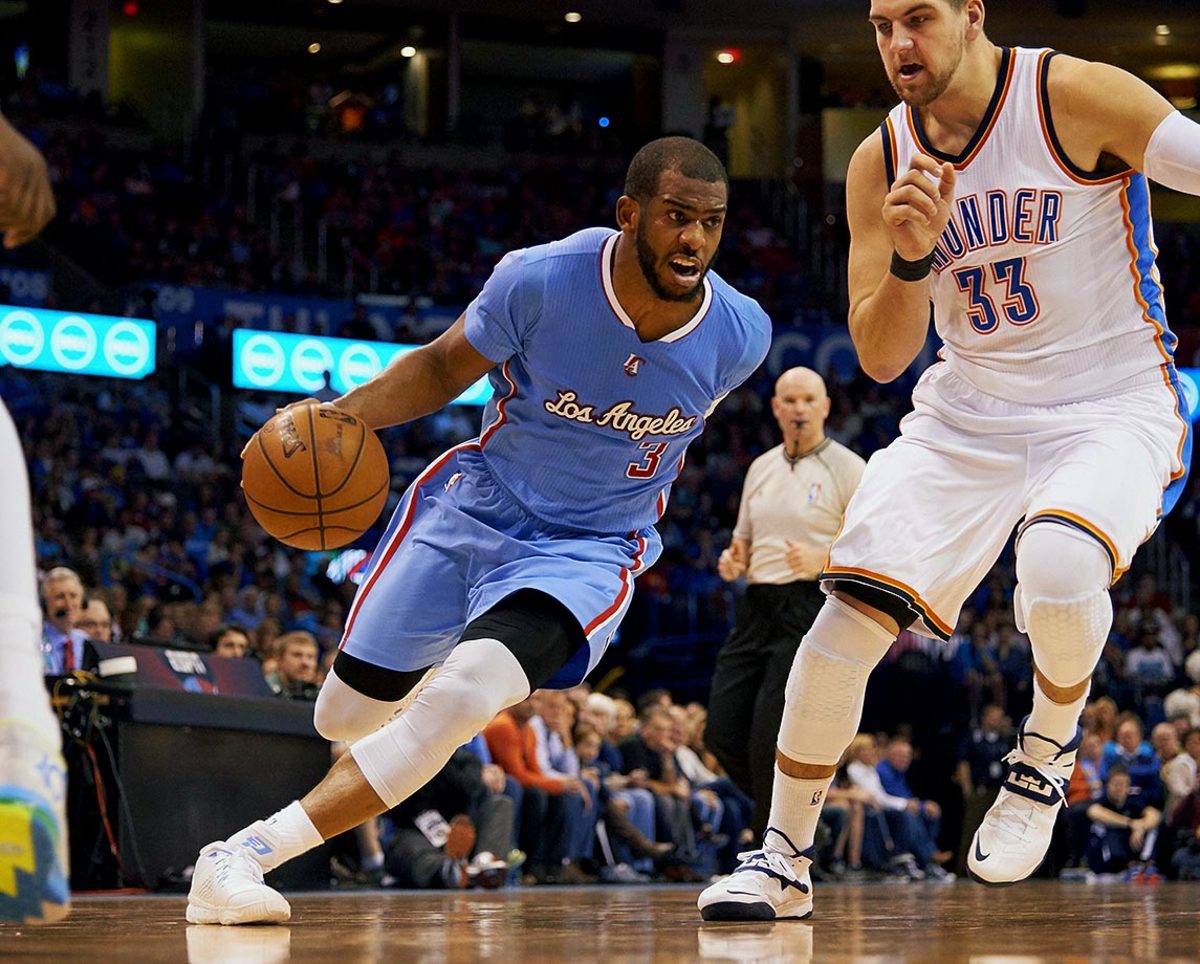
Chris Paul joined the Clippers in 2011 to form a Lob City-connection with Blake Griffin and lift the Clippers back to relevancy. Los Angeles became one of the top teams year-in and year-out with Paul at the helm, but has struggled in the playoffs against West rivals. As of 2016, Paul has yet to play in a conference finals.
Dwight Howard, 2012
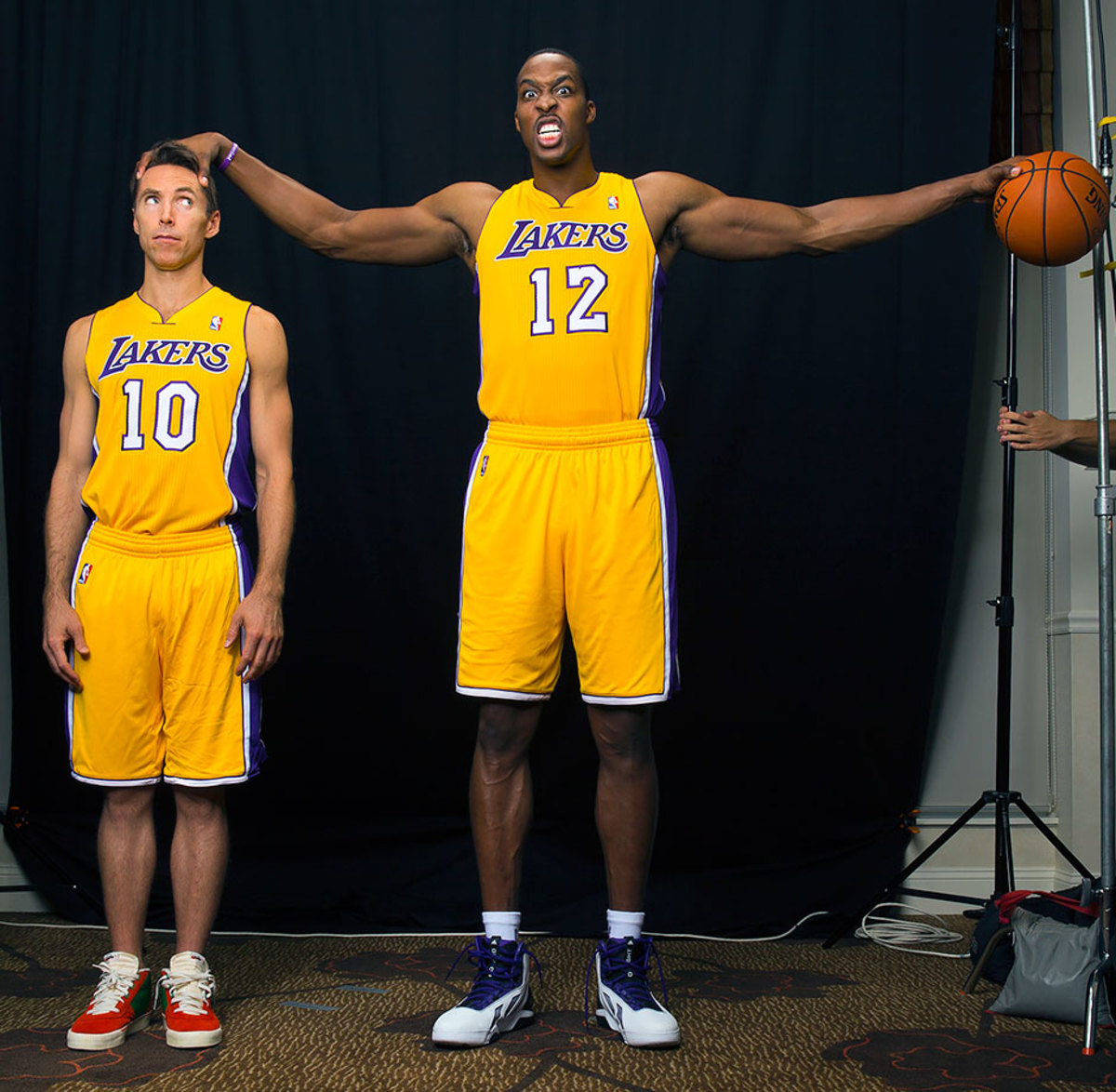
Dwight Howard, like Shaquille O'Neal 16 years before him, left the Magic for the Lakers by forcing a trade out of Orlando. Unlike Shaq, Howard flamed out with the Lakers. Also joined by Steve Nash, the Lakers never gelled on or off the court, and Howard lasted only one season in Los Angeles before joining the Houston Rockets.
LeBron James, 2014
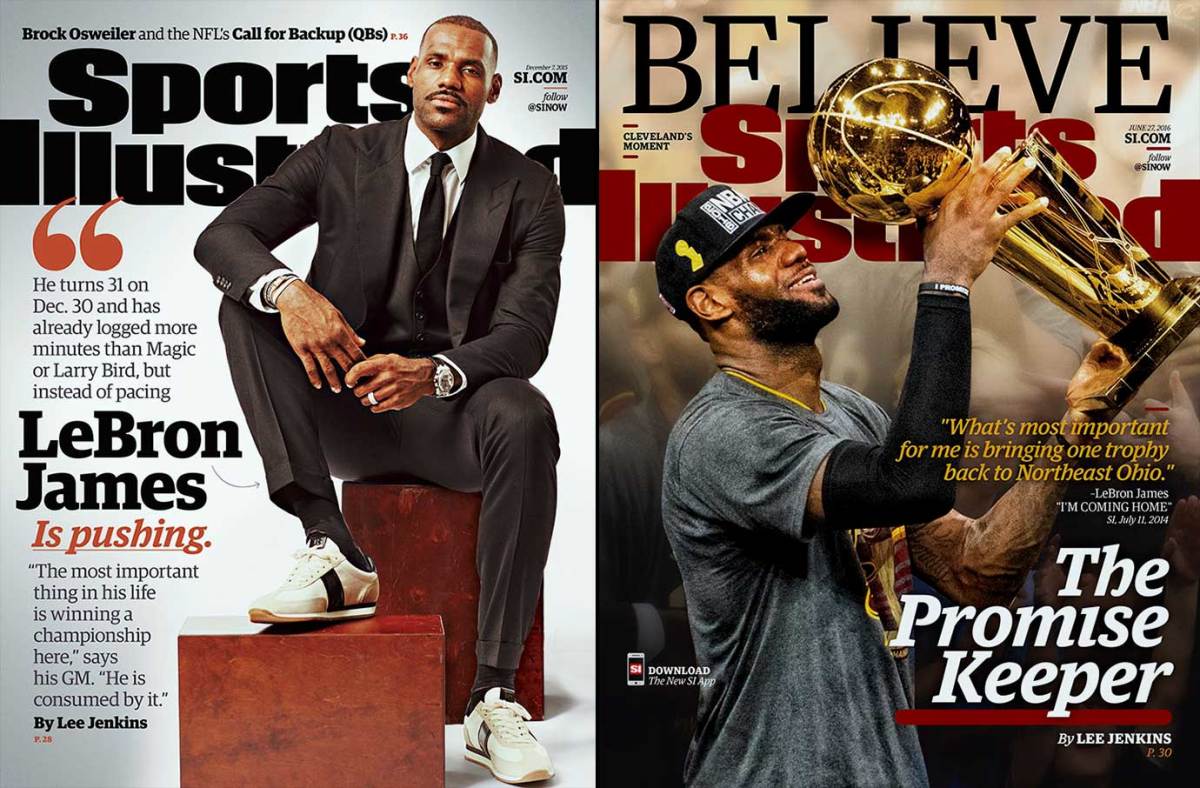
LeBron James returned to Cleveland in 2014, announcing his decision via a letter in Sports Illustrated. LeBron immediately launched the Cavaliers into the NBA’s top tier, bringing the team to the Finals in his first season back. In 2016, the James-led Cavaliers—after going down 3–1—upset the 73-win Warriors in the Finals, a shocking upset led by one of the best individual performances in Finals history.
Kevin Durant, 2016
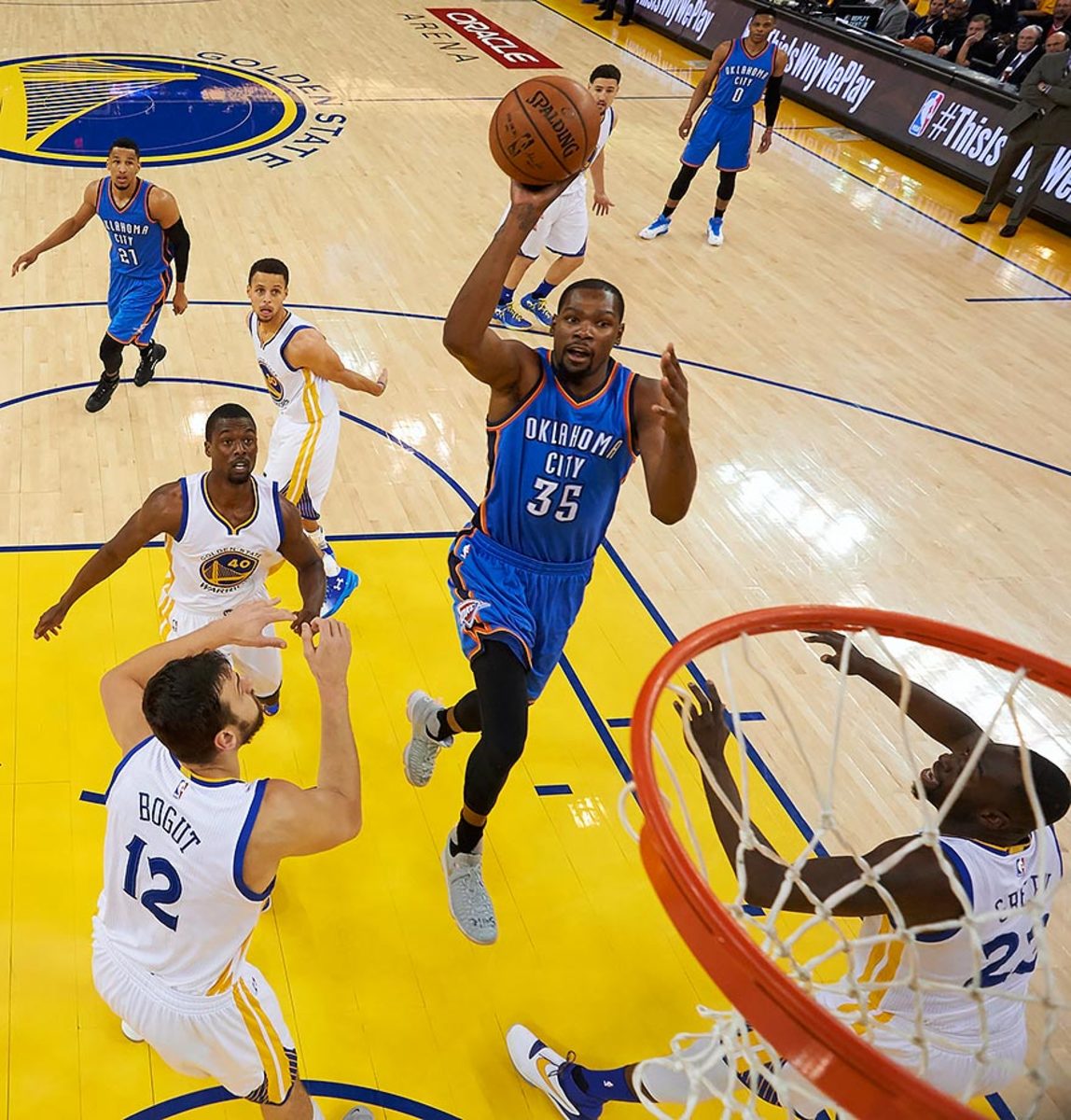
Kevin Durant, a four-time scoring champion and former MVP, joined the Warriors in July 2016. Golden State not only won 73 games the season before, but knocked Durant’s Thunder team out of the playoffs only weeks before the signing. The Warriors’ addition of Durant immediately made them the overwhelming favorite to win the Finals in 2017.
Dwyane Wade, 2016
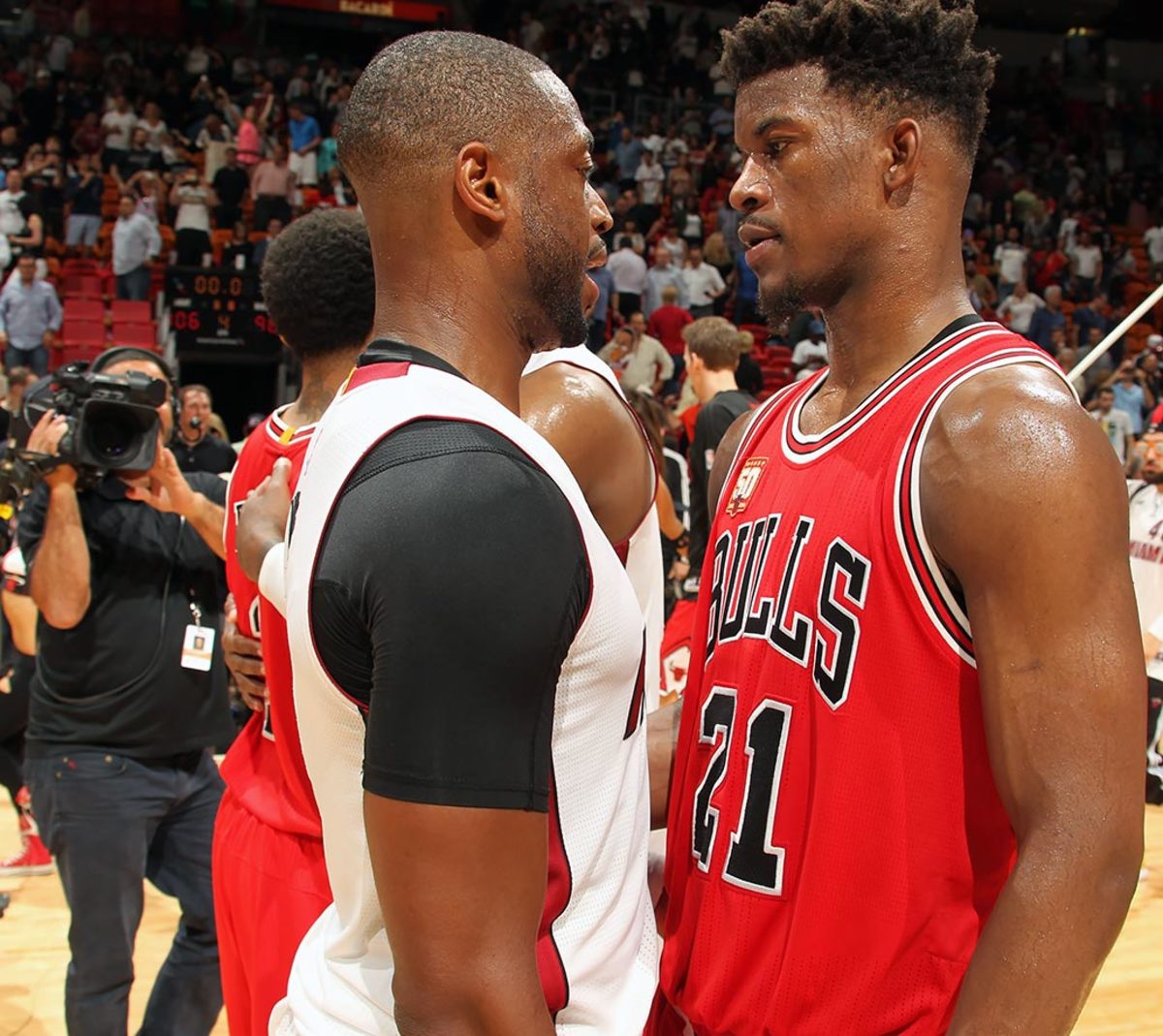
The Chicago Bulls agreed to sign Dwyane Wade, a 12-time All-Star who won three titles during his 13-year tenure in Miami, to a two-year contract worth $47.5 million with a player option on the second season. Wade won NBA titles with the Heat in 2006, 2012 and 2013 and had spent his entire career with the team after being drafted No. 5 overall in 2003.
This time around is slightly different—if only because Dallas has made a clear effort to do right by Nowitzki financially. According to Marc Stein of ESPN.com, Nowitzki and the Mavs are ironing out the details on a two-year deal that will pay $40 million to the greatest player in franchise history. A player option will allow Nowitzki to again survey the landscape next summer and gauge the value of entering free agency. Nowitzki isn't going anywhere. But he's essentially free to decide, in this summer and next, what he wants in a contract from the Mavs.
Depending on your perspective, this sum feels like either an acknowledgment or an apology. There is little question that Nowitzki has earned this. In 18 years with the franchise, Dirk has dedicated himself completely to winning, improving, and serving as an ambassador for his adopted home. The relationship he shares with both the Mavericks organization and the city of Dallas are profound. There is no form of recognition that Nowitzki hasn't already garnered and so the franchise will convey its respect by its restitution. The money Nowitzki makes could have gone to adding some marginally better bench player than Dallas would have been able to afford otherwise. Instead, it will be reallocated to the very player responsible for so much of what the Mavericks do.
Nowitzki isn't the player he was, but his skills and basketball temperament age well. There are no Kobe Bryant-esque concerns of Nowitzki ending his career taking every shot he can. Still he plays in a way that serves the offense, even if he can't quite carry the whole damn thing to elite efficiency like he used to. Dallas knows this and doesn't care. Give the man his money because, in truth, he's probably owed far more.
